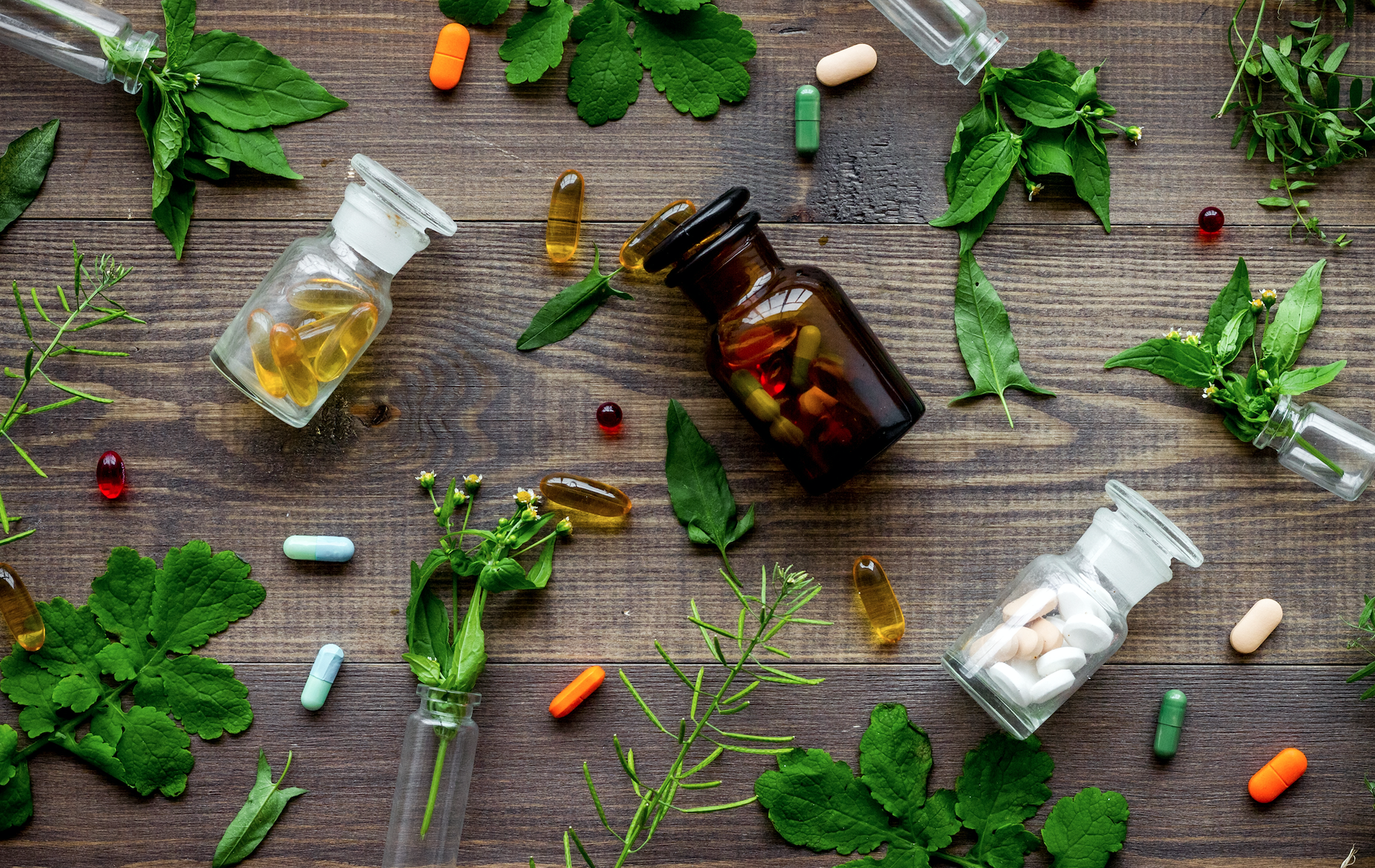9 Vitamins and minerals you should be taking for a healthy immune system.
Our lives are full of stress. From work, our personal lives, to the pandemic and related world issues, 2020 has given us an endless list of topics of stress about.
Unfortunately, when we are stressed, our immune system isn’t able to fight off viruses and bacteria with the same efficiency.
Limiting stress is deal but no always possible.
Though diet is quite often the health element we tend to forget, it isn’t the only factor that has an impact on the immune system.
If you don’t eat enough minerals and vitamins, your body will have a harder time fighting off viruses, but even if you eat healthy food but neglect sleep and spend your entire day working, your immune system will be weakened as well.
That’s why you should pay attention to what you eat, but at the same time, exercise for at least for 30 minutes 3 times a week. Physical activity will help your body adapt to stress, making it more effective at dealing with common illnesses.
Fitness isn’t the only way to relieve stress – you could meditate, cuddle your partner, or even meet with friends.
Our bodies are complex. Even with today’s knowledge, we don’t fully understand all the processes that take place within it.
But what we do know is that our diet can have a tremendous impact on how we feel and how efficient our brain is, and it affects the ability of our immune system to keep intruders, such as bacteria or viruses, out.
Some of the vitamins and minerals that we have included in this list, such as vitamin D, vitamin C, and zinc, play a crucial role in protecting your body, whereas others can boost your immune system indirectly.
However, if you also exercise several times a week, get enough sleep, and manage your stress levels, you’ll be surprised by how rarely you become ill.
Of course, they aren’t guaranteed to keep you from getting sick, but they will help you maintain a strong and healthy immune system.
Vitamin D
Vitamin D is one of the most important vitamins for the immune system.
In winter eating foods rich in vitamin D, such as oily fish, red meat, or cereals can add to your levels.
But your body is capable of producing vitamin D on its own when it’s subjected to sun rays.
Unfortunately, even the foods with the highest vitamin D content might not be enough to meet the recommended dietary intake during winter.
Health experts recommend taking 4,000 IU daily, which can ensure that your immune system is capable of fighting off the infections.
That’s because vitamin D increases the efficiency of white blood cells.
It also reduces the risk of some types of cancer and protects the brain against toxins.
Unfortunately, more than 1 billion people worldwide have vitamin D deficiency, making it a significant global health problem.
Vitamin C
When you start feeling under the weather, your first thought is probably to eat foods rich in vitamin C, such as citruses, broccoli, peppers, but even potatoes, to name just a few. That’s definitely a good idea, as studies have shown that vitamin C can boost your immune system by making your immune cells better at protecting your body against, e.g., respiratory infections, though that’s not all. Vitamin C is an excellent antioxidant, which means that it will prevent the toxins from damaging cells in your body.
If you are worried that you might not be getting enough vitamin C, you could start taking supplements, like the ones that can be found at PrimalHarvest.com, though if we take into consideration the fact that it can be found in many different foods, there’s a high chance that you are already getting at least a majority of RDI. Still, during winter, getting fresh fruits and vegetables could become a problem, which is why you might want to rely on different methods instead.
Zinc
Zinc is a mineral that can significantly boost your immune response. If you eat food rich in zinc, such as shellfish or dairy, your white blood cells will be more effective, helping defend your body from the invading pathogens. Although it is advisable to take zinc if you want to avoid contracting any dangerous diseases, it will also prove beneficial if you are already sick.
Unfortunately, as is the case with vitamin D, a lot of people suffer from zinc deficiency – around 17% worldwide, though up 30% in South Asia. That’s why we recommend adding some shellfish or eggs to your diet.
Vitamin E
Vitamin E is somewhat similar to vitamin C. It is also a great antioxidant, which is why eating leafy vegetables, yolk, nuts, and seeds can decrease the possibility of cell walls being damaged by free radicals.
As a result, vitamin E can also be helpful if you are trying to avoid getting sick. However, apart from protecting you from the common cold, you should be getting enough vitamin E, as studies have shown that it also decreases the likelihood of heart disorders.
Vitamin B6
Vitamin B6 can be found in pork, peanuts, oats, or bananas, and it plays a crucial role in many functions in the body, such as metabolism and the creation of neurotransmitters. That’s why you should provide your body with enough vitamin B6, or your immune system will become impaired, though your cognitive performance will drop as well.
Unfortunately, that’s not all – apart from being responsible for the production of antibodies, your body needs vitamin B6 to produce white blood cells as well. It is especially important to take enough vitamin B6 if you are feeling stressed, as it can make coping easier by ensuring that your dopamine and serotonin levels stay at proper levels.
Vitamin A
Although vitamin A is primarily known for helping to keep your skin, teeth, and bones in good condition, getting enough of it will have a great effect on your immune health. It can be primarily found in vegetables, especially carrots and pumpkins. You should incorporate those vegetables into your diet – they can make your body healthier, as they contain yet another vitamin that is a powerful antioxidant.
Selenium
Selenium is part of the reason why you’ve been often told to eat garlic when you feel sick. Although it contains other beneficial substances as well, it is rich in this mineral that can decrease the inflammation and ensure that your immune response doesn’t have too much of an adverse effect on your body. If you aren’t a fan of garlic, then you could turn to other foods, such as milk, cereals, or pork.
Iron
Though we usually think of iron as helping our body produce red blood cells, beef, chicken, or beans could also help you maintain a healthy immune system. How? The studies show that iron, similarly to vitamin B6, is essential in the production of white blood cells! As a result, a diet rich in iron will help your body deal with viruses and infections.
However, researchers have also shown that getting enough iron can slow down the growth of cancerous cells. On top of that, it is also helpful when your body is dealing with harmful bacteria.
Vitamin B9
Vitamin B9 (also known as folate) is another one of those vitamins that serve many different functions in your body. Just as vitamin C, it helps to metabolize proteins, but it is also responsible for the production of red blood cells and DNA. It means that if you don’t eat enough broccoli, chickpeas, or kale, your body will be weakened, and you’ll be more likely to catch a common cold or even a more dangerous infection.


